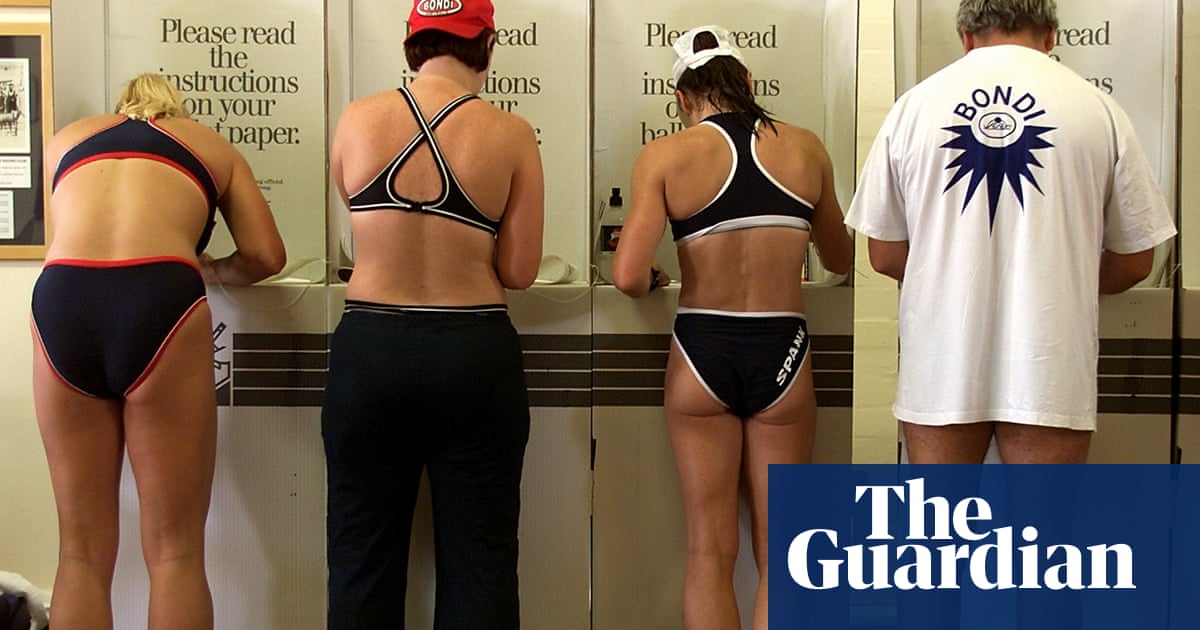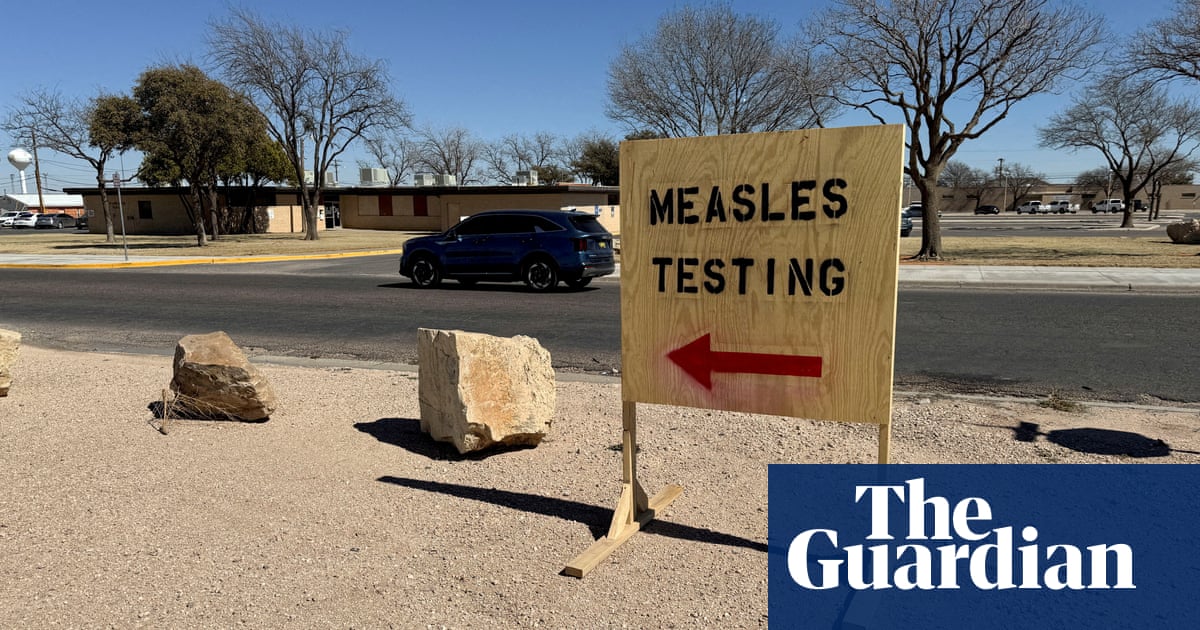A key government pledge to appoint 6,500 extra teachers in England by the end of this parliament will be difficult to achieve and is likely to fall short of demand, the UK’s public spending watchdog has warned.
The education secretary Bridget Phillipson’s promise to recruit thousands of extra teachers in state schools, which has been funded by adding VAT to private school fees, forms one of the cornerstones of the government’s education policy.
However, a report by the National Audit Office (NAO), published on Wednesday, warned that a projected increase in secondary schools’ pupil numbers was likely to outpace Labour’s recruitment ambitions, leaving teacher vacancies unfilled.
Further education (FE) colleges, which are particularly badly affected by a longstanding recruitment and retention crisis, will need up to 12,400 more teachers alone by 2028-29, almost double the government’s overall pledge, the report says.
Meanwhile, the number of newly qualified teachers who started in state secondary schools in 2023-24 fell to 8,700 – the lowest number since 2010-11. The Department for Education (DfE) has missed its recruitment target for secondary teacher training in all but one of the past 10 years.
With secondary school pupil numbers likely to peak in 2028, piling further pressure on the system, the NAO called on the government to publish a delivery plan, outlining how it intends to recruit the additional 6,500 teachers within the timeframe. It also urged ministers to “assess the extent to which the further education workforce model is fit for purpose”.
Geoffrey Clifton-Brown, the chair of the public accounts committee, said: “The DfE assesses that meeting the government’s pledge for 6,500 more teachers will be very challenging. Even if met, it is not clear that this will be enough to fix the nationwide shortage of teachers amidst growing numbers of students.
“There needs to be a new cross-sector approach to recruiting and retaining enough high-quality teachers. Otherwise, workforce challenges will continue to pose a real threat to young people’s education and life prospects.”
Gareth Davies, the head of the NAO, said: “Despite the government’s pledge, secondary schools and further education colleges face a challenge in securing enough teachers to support growing student numbers.”
Jack Worth, the school workforce lead at the National Foundation for Educational Research, said the report sent a clear message to government that it would miss its 6,500 teacher recruitment pledge if it does not take action now.
“Unfilled vacancy levels are at their highest rates since records began in 2010, with pay, stress from dealing with pupil behaviour and workload pressures reported to be contributing to teachers leaving the profession,” he added.
“Properly funded pay rises are urgently needed alongside and non-financial measures, such as workload reduction and flexible working, to improve both recruitment and retention.” The Treasury has already said any pay rises must come from existing budgets.
Responding to the NAO report, Phillipson reiterated the government’s commitment to recruiting 6,500 more teachers. “We’re already seeing green shoots, with 2,000 more secondary school teachers training this year, alongside a boost in the number set to begin training in shortage Stem [science, technology, engineering and mathematics] subjects, but there’s still much more to do.
after newsletter promotion
“Following last year’s 5.5% pay award, and with hundreds of millions of pounds being invested to help us turn the tide, I’m determined to restore teaching as the attractive, prestigious profession it should be.”
Separate research into teacher recruitment, meanwhile, claims that men “face discrimination” when applying for roles in England’s school workforce, particularly for jobs at entry level such as teaching assistant roles.
The study by Warwick Business School asked 600 teachers to evaluate fictitious CVs and found on average men were rated 1.2 percentage points lower than women, and 1.8 percentage points lower in applications for teacher assistant roles.
“There’s growing concern about the lack of male teachers, especially to act as role models for boys,” said Dr Joshua Fullard, an assistant professor at the school. “But our research shows that, despite this concern, men still face biases during the hiring process – particularly in lower-ranked positions.”
Prof Stephen Gorard, the director of the University of Durham’s evidence centre for education, who was not involved in the study, said: “This is a useful finding that shows a small bias against male applicants. However it seems that it was conducted as a simulation and so may not be true to a real application process.”

 4 hours ago
7
4 hours ago
7













































